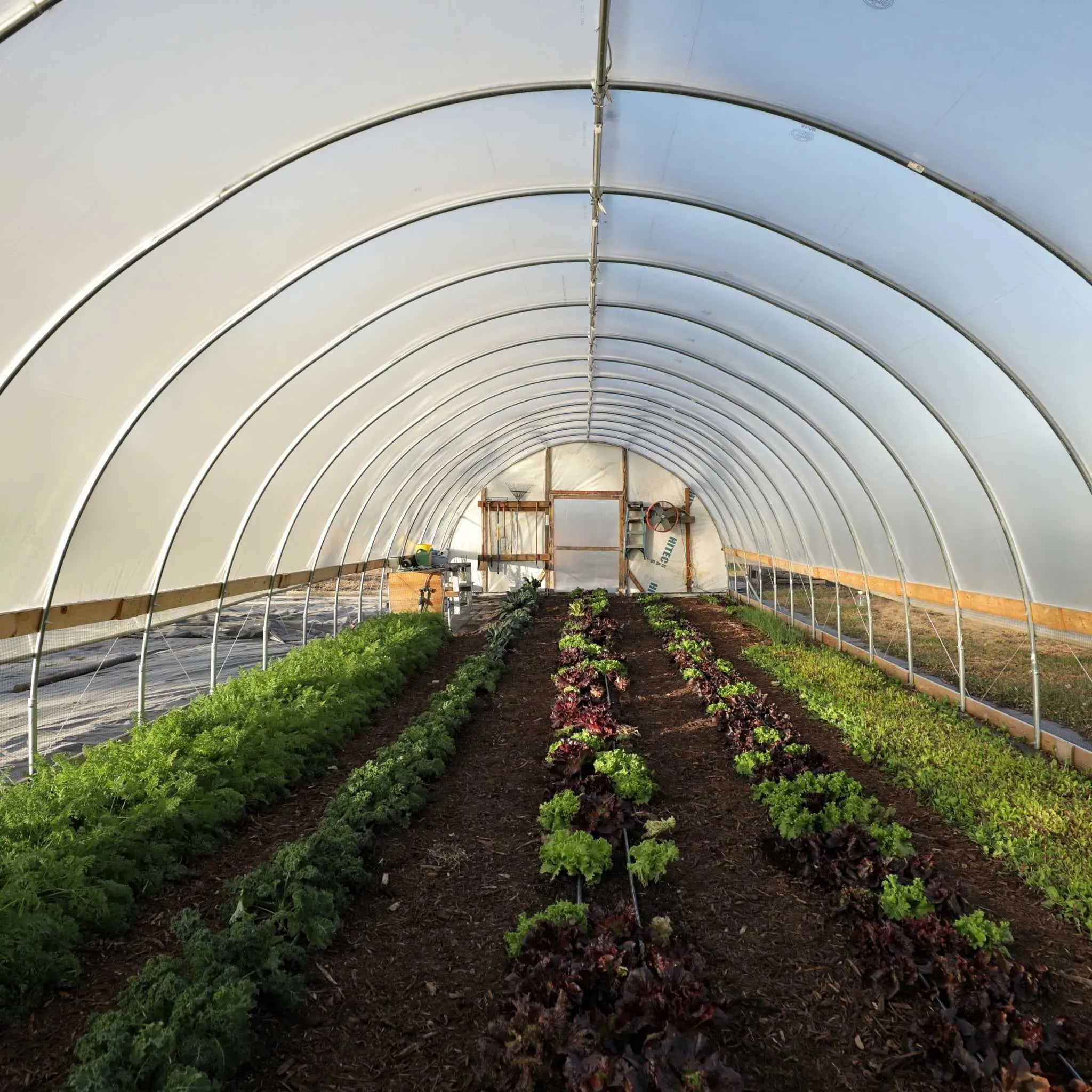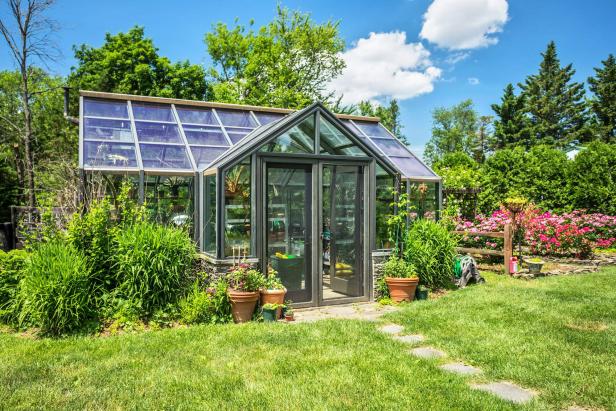Greenhouse Farming: Maximizing Plant Returns and Sustainability
Are you aiming to optimize your crop returns while promoting sustainability? Look no more than greenhouse farming. With regulated settings and decreased water usage, greenhouse farming uses the best solution for year-round manufacturing of fresh fruit and vegetables. By utilizing the power of technology and lasting practices, you can make sure an abundant harvest while reducing your ecological effect. Discover the benefits of greenhouse farming and start gaining the benefits today!
Benefits of Greenhouse Farming
Are you questioning what makes greenhouse farming so beneficial? Well, allow me tell you! Among the major advantages of greenhouse farming is the ability to manage the environment in which crops are expanded. With a greenhouse, you can manipulate variables like temperature, light, and humidity to maximize plant growth. This suggests that you can grow crops throughout the year, no matter the climate conditions outside.
An additional benefit of greenhouse farming is the decrease in water usage. By utilizing water a lot more effectively, greenhouse farming assists to conserve this priceless resource.
Furthermore, greenhouse farming permits better bug and disease monitoring. With the controlled atmosphere, it is less complicated to avoid and manage the spread of illness and bugs. This lowers the need for dangerous pesticides, making greenhouse-grown plants more secure and extra eco-friendly.
Furthermore, greenhouse farming gives defense versus severe weather events. Crops grown in greenhouses are secured from hefty rainfall, solid winds, and hailstorms, which can harm or damage outdoor crops. Monarch Greenhouse Utah. This protection guarantees a more stable and trustworthy crop yield, also throughout uncertain weather

Making The Most Of Crop Yields With Controlled Environments
To take full advantage of plant returns in greenhouse farming, you can achieve ideal results by regulating the environment. One of the essential advantages of greenhouse farming is the capability to manage these ecological elements, permitting you to customize them to the details needs of each crop. By executing these managed settings, you can take full advantage of plant returns and accomplish constant, high-grade fruit and vegetables throughout the year.
Supporting Sustainability With Greenhouse Farming
Optimize sustainability in greenhouse farming by applying efficient source management strategies. One vital element of promoting sustainability is the administration of water usage. By implementing systems such as drip irrigation and recirculation, you can considerably decrease water wastage and make certain that every drop matters. Additionally, making use of natural and eco-friendly materials for pest control and fertilizing can aid lessen ecological influence. Integrated Bug Administration (IPM) techniques, for instance, entail using helpful bugs to control pests, lowering the requirement for damaging pesticides. Furthermore, power usage can be reduced by making use of renewable resource resources, such as photovoltaic panels, to power greenhouse operations. This not just decreases dependence on nonrenewable fuel sources yet additionally reduces greenhouse gas exhausts. Appropriate waste monitoring is one more essential component in advertising sustainability. Executing recycling and composting systems can reduce landscape edging borders the amount of waste sent out to garbage dumps while additionally offering nutrient-rich garden compost for plant growth. Last but not least, integrating lasting practices in greenhouse layout, such as using energy-efficient products and enhancing all-natural lighting, can additionally enhance sustainability. By embracing these source management methods, you can add to a more lasting future in greenhouse farming.
Minimizing Water Use in Greenhouse Farming
By executing efficient water management strategies, you can considerably decrease water usage in greenhouse farming. Water is a crucial source in farming, and preserving it not just benefits the setting yet additionally aids to optimize plant returns and productivity. One reliable technique to minimize water usage is through using drip irrigation systems. These systems deliver water directly to the plant's origins, lessening dissipation and making sure that every drop is used efficiently. In addition, surveillance and managing the humidity degrees inside the greenhouse can protect against unnecessary water loss. By using sensing units and automated systems, you can readjust the ventilation and irrigation appropriately, enhancing water usage based upon the certain requirements of your crops. An additional method is to catch and recycle rainwater. Accumulating rain from the greenhouse roofing and keeping it in containers enables you to supplement your irrigation requires without relying only on freshwater resources. In addition, carrying out mulching techniques can aid maintain soil wetness, minimizing the frequency of watering. Mulch serve as an obstacle, stopping water dissipation and keeping the dirt cool and moist. By embracing these water-saving techniques, you can reduce water waste, preserve resources, and produce a more lasting future for greenhouse farming.
Year-Round Manufacturing of Fresh Produce in Greenhouses
You can attain year-round production of fresh fruit and vegetables in greenhouses by implementing effective growing strategies. Greenhouses offer a regulated environment that enables you to expand crops regardless of the outside climate condition. One vital method for year-round manufacturing is making use of artificial lighting. By supplementing natural sunshine with fabricated light, you can expand the expanding duration and ensure constant growth throughout the year. LED lights are generally used in greenhouses because they are energy-efficient and offer the ideal spectrum of light for plant growth. Additionally, correct temperature control is vital for year-round manufacturing. Greenhouses can be furnished with heating and cooling systems to maintain optimal temperature levels for different crops. This ensures that plants can grow also throughout the chillier months. One more important aspect is watering. By utilizing advanced watering systems such as drip watering or hydroponics, you can efficiently supply water to your plants while lessening waste. It is necessary to regularly keep track of and take care of illness and pests. Applying incorporated insect monitoring strategies and practicing great health will aid secure your crops and maintain their wellness throughout the year. By carrying out these techniques, you can take Going Here full advantage of this hyperlink the productivity of your greenhouse and appreciate a stable supply of fresh generate all year long.

Final Thought
To conclude, greenhouse farming offers many benefits for making the most of crop returns and promoting sustainability. By making use of regulated environments, farmers can optimize growing conditions and raise productivity. Furthermore, greenhouse farming permits reduced water usage, making it an eco-friendly option. The capacity to generate fresh fruit and vegetables year-round in greenhouses makes certain a stable supply of healthy food (Monarch Residential Greenhouse Utah). In general, greenhouse farming is a effective and sustainable technique for satisfying the demands of an expanding populace while decreasing ecological effect.
One of the significant benefits of greenhouse farming is the capacity to manage the setting in which plants are grown.To take full advantage of crop returns in greenhouse farming, you can accomplish ideal results by managing the atmosphere. One of the key benefits of greenhouse farming is the capability to regulate these ecological aspects, allowing you to customize them to the particular demands of each crop.By executing efficient water monitoring methods, you can significantly minimize water usage in greenhouse farming.In verdict, greenhouse farming offers numerous advantages for taking full advantage of plant yields and advertising sustainability.